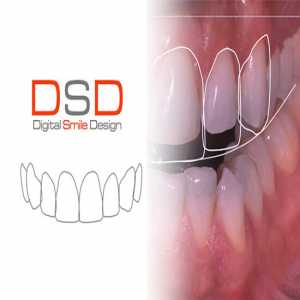
Sponsor
TMJ Splints Delhi
What is TMJ Splint Therapy? - TMJ Splints Delhi
You may have already heard the term "splint" while talking about treating sports injuries like twisted ankles or fractured wrists. Splint therapy, as used in dentistry, is a method of treatment for temporomandibular joint (TMJ) conditions that makes use of a biting plate or mouth guard to help with recurrent symptoms caused by occlusion. This is achieved through splint therapy in a variety of ways, including:
- To reduce tension in your mouth, relax the jaw's joints and muscles. It helps your mouth heal from the tension caused by jaw reflexes like clenching your teeth.
- avoiding more bruxism, which entails grinding one's teeth and erodes them. As a result, you can maintain and keep as many of your natural teeth as possible.
- improving jaw alignment to treat an underbite or overbite. It can facilitate easier breathing during eating or while you're sleeping.
- You might be surprised to learn that something as simple as a mouthguard might make you feel better. Nor are these your average mouthguards. These are dental appliances made specifically to improve oral health.
Two Types of TMJ Splints - TMJ Splints Delhi
Dentists utilize two different kinds of splints, each with a separate function: stabilization and repositioning. One aims to maintain the position of your bite, while the other facilitates the ideal alignment of your jaw. Here are some more details for you on the benefits of each kind.
Splint for Stabilization - TMJ Splints Delhi
Patients who grind and clench their teeth frequently make good candidates for stabilizing splint therapy. By entirely enclosing the teeth, this mouthguard keeps the jaw in its current posture and prevents tooth-to-tooth contact. When they sleep, most people use stabilizing splints or mouthguards.
Moving the Splint - TMJ Splints Delhi
A number of factors, including tooth loss, injuries, and bone development, can cause your jaw to move out of alignment. For the treatment of the resulting TMJ occlusion, a repositioning splint needs to be worn continuously, with the exception of meals. If the patients do not use the splint on a regular basis, the bite may realign itself to its imbalanced position.
Do TMJ Splints Work? - TMJ Splints Delhi
Indeed. Splints help your jaws open and your teeth to shift gradually so that your bite forms properly. Unlike your lips, your teeth shouldn't make contact with your closed mouth. Unfortunately, a lot of us grind our teeth too much. In order to help your TMJ return to its natural position, especially when the joint isn't fully engaged and you're at rest, a splint cushions your teeth and jawline. It thereby eases the muscles in your bite as well as the ones that surround your neck and shoulders.
Nonetheless, there exist other scenarios where TMJ splints may prove to be ineffective. For instance, severe misalignment of the teeth and jaw necessitates atypical joint movements when biting or eating your food. If that's the case, eating continuously causes your TMJ to overcompensate and move irregularly. In most cases, bite splints by themselves are insufficient to remedy such circumstances. Instead, orthodontic therapy may be an essential part of your treatment for TMD.
If you are searching TMJ Splints Delhi, consult Advanced Dental Clinic in East Delhi. We have a team of the best dental surgeons in Delhi. Call us to book an Appointment: +91 9599 173 134.
Author Bio
Article Comments
No Comments!
At present there are zero comments on this article.
Why not be the first to make a comment?
Similar Articles
Sponsor
Article Categories
There are zero sub-categories in this parent category.
There are zero sub-categories in this parent category.












